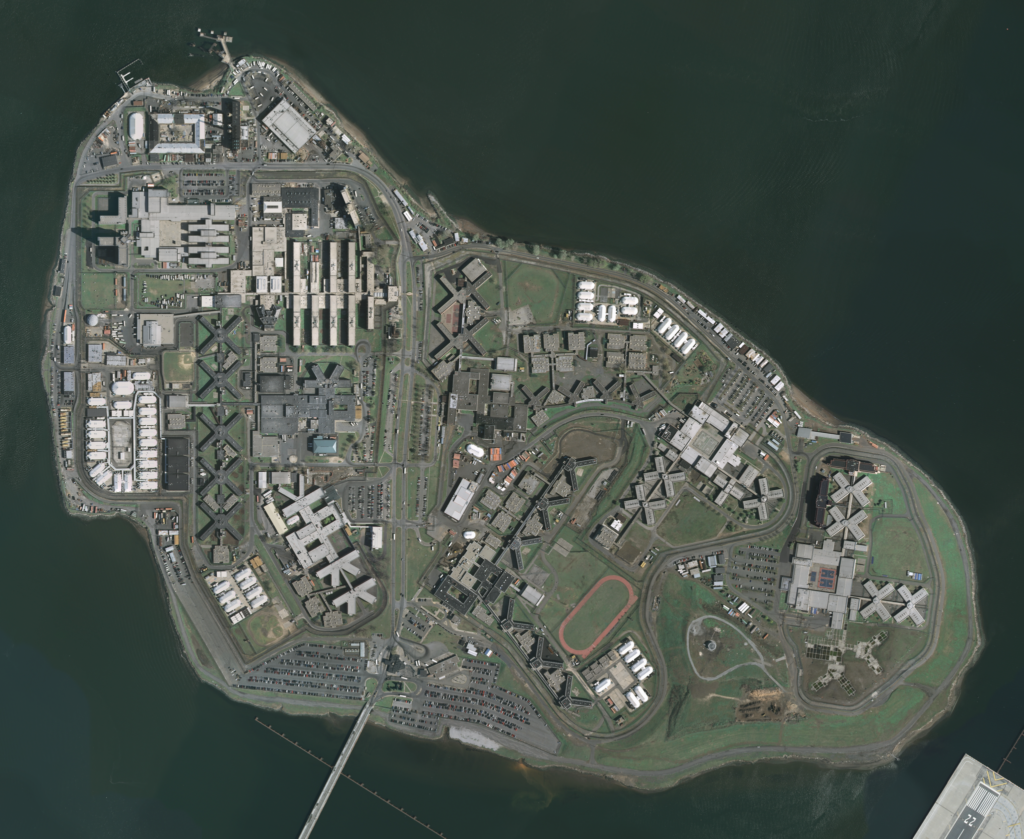We support a group of people who are among our among the most vulnerable in our society. Anyone working in prison or jail for more than a year or two has seen epidemics of disease sweep through the population. They leave almost no one untouched. This variation of the Coronavirus is highly contagious. In prisons and jails where we have seen it take hold, such as Rikers Island, New York City’s infamous jail, it spreads much more quickly than in the general public, up to seven times the rate.

Incarceration creates an increased risk not just for those locked-up. It also creates an increased risk for the people working in our prisons and jails. Staff inhabits the same environment where “social distancing” is nearly impossible. As they come and go, they also create a vector for transmission into and out of the facility, putting their friends and family at increased risk. And jails have a high turnover rate. We bring people in, mix them, and then release them back to the community, increasing the risk for all. As usual, though, lower-income communities of color bear the brunt.
We welcome calls to release people incarcerated who are not a danger to society, and yet, at this time of the pandemic, we remain wary. Even in the best of times, re-entry is fraught. Released, will the system wash their hands of the responsibility for these former prisoners? Will our returning citizens be ensured the resources to support themselves safely on re-entry?
What this pandemic makes more apparent than ever is that our system of mass incarceration is not only grossly unjust, it unnecessarily threatens the health and safety of incarcerated people, the people who work in our prisons and jails, and our communities.
How Has Prison Yoga Project Responded?
On March 12, as soon as the World Health Organization declared the spread of the Coronavirus a pandemic, we chose to suspend our programming. We know that our being there carries with it the risk that we bring the contagion in with us, and potentially spark a wildfire of disease. Within five days, most facilities across the US had followed suit, suspending both programming and visitation.
To continue to support the people we serve, we created an Institutional Support page on our website to offer free downloads of our video and audio practices. As programs were suspended across the country and around the world, we received a chorus of calls from institutions asking for support to help protect the physical and mental well-being of the people they have incarcerated.
We are offering these resources for free to institutions to use with groups and for broadcast on their dedicated television networks. In the coming weeks and months, we will be working with our program facilitators to create more resources – video, audio, and print. We also have several programs, particularly with youth, where we are exploring the use of video conferencing to support program continuity.
Yoga and embodied mindfulness as practices for reducing stress and calming the nervous system are needed more than ever, by everyone, to help boost our immune systems. We are committed to finding new ways to reach incarcerated people and those who work in prisons and jails to help them stay healthy and safe. And we want to contribute to fostering empathy and reforming this broken system from the inside out. We see this crisis as an opportunity to uncover creative solutions, not just to meet the immediate need, but also to strengthen our services in the future that awaits us after this pandemic passes.
We Need Your Support
Like most people and organizations in the service industry, we are feeling the effects of lost income from suspended fee-for-service programs and postponed workshops. You can help us make up that gap by purchasing a download of one of our videos or making a donation to keep Prison Yoga Project alive and thriving through this time of crisis.
As always, we are grateful for your support. We wish you peace, happiness, and health.
Sincerely yours,

Bill Brown
Executive Director
Prison Yoga Project